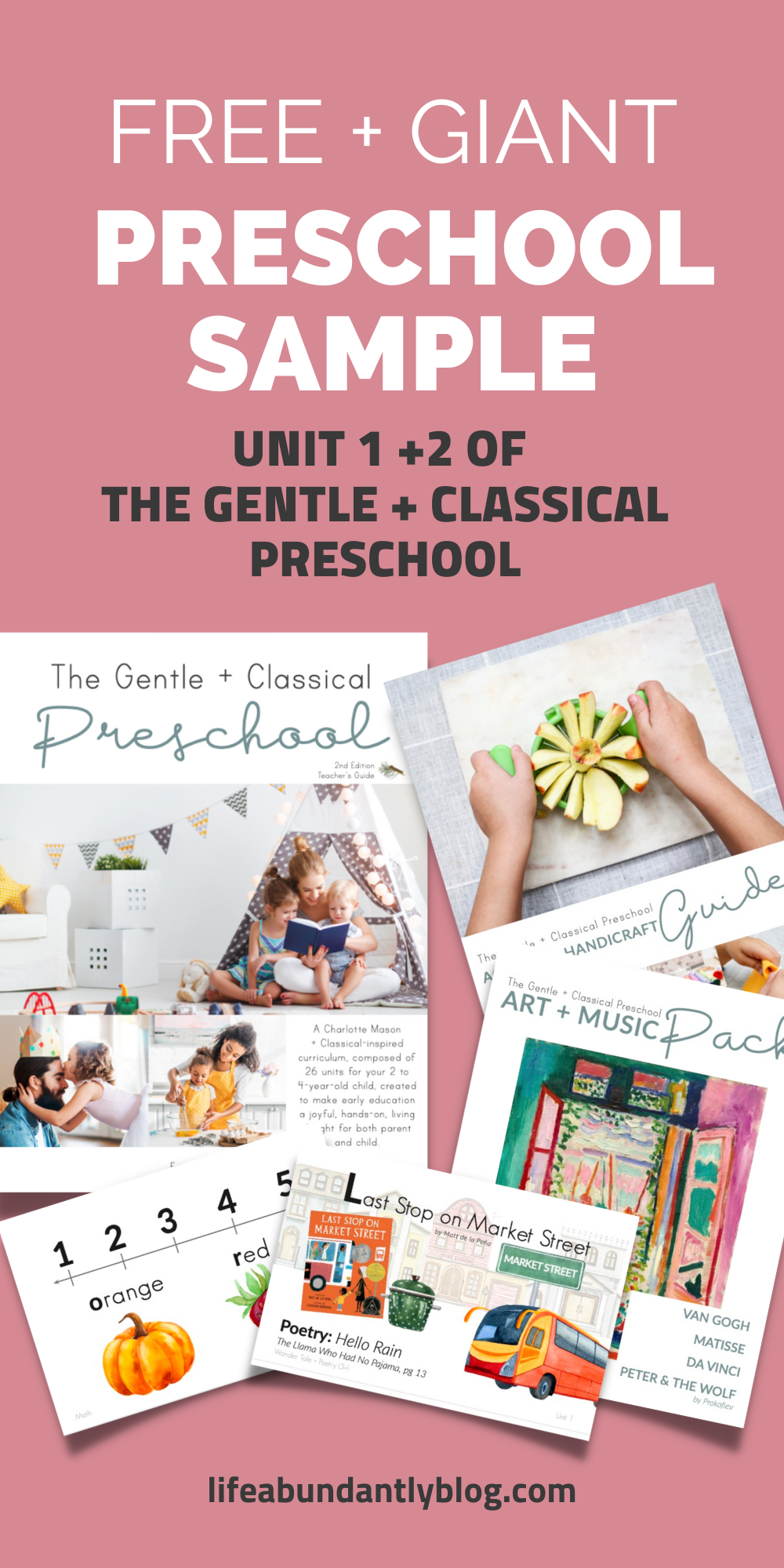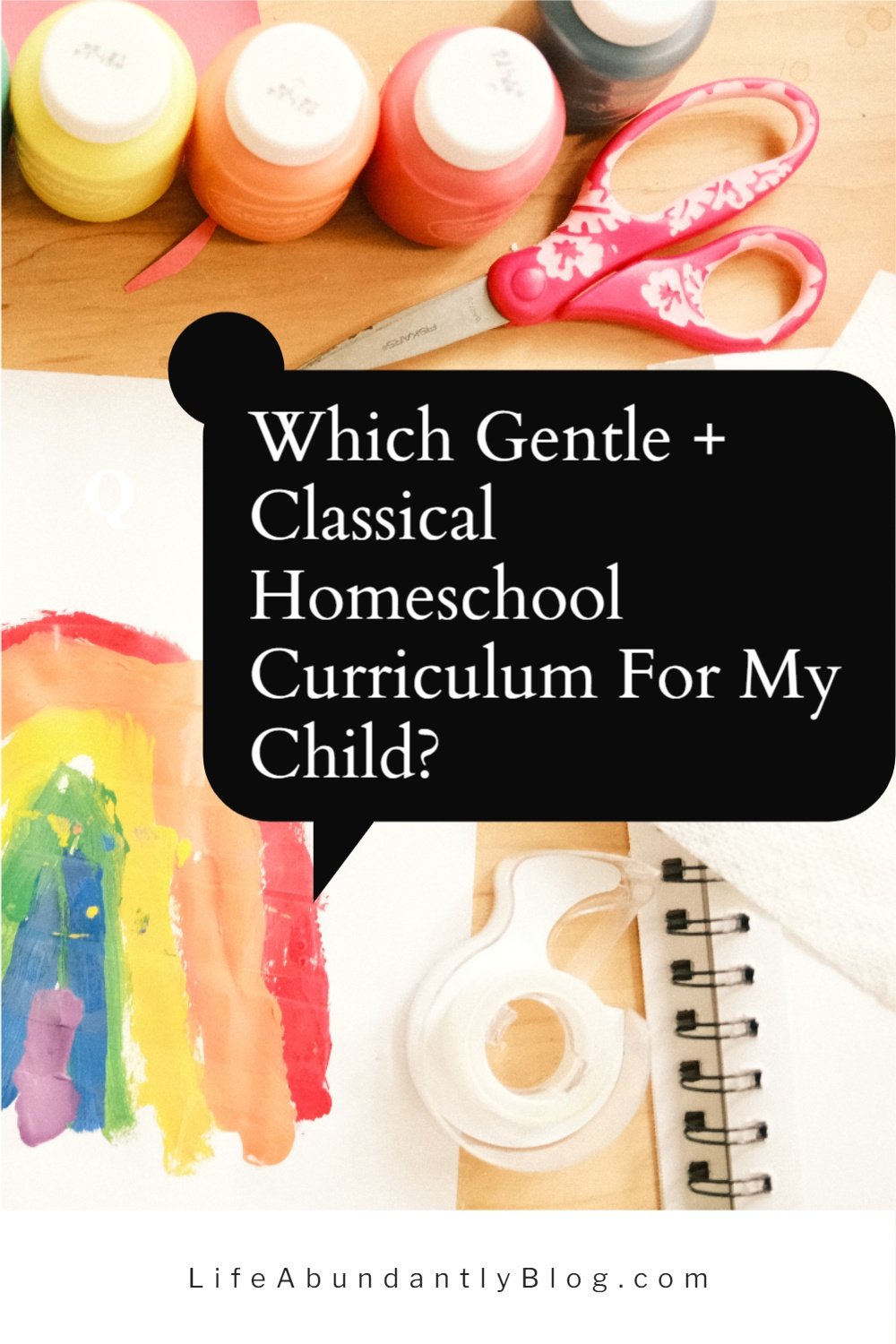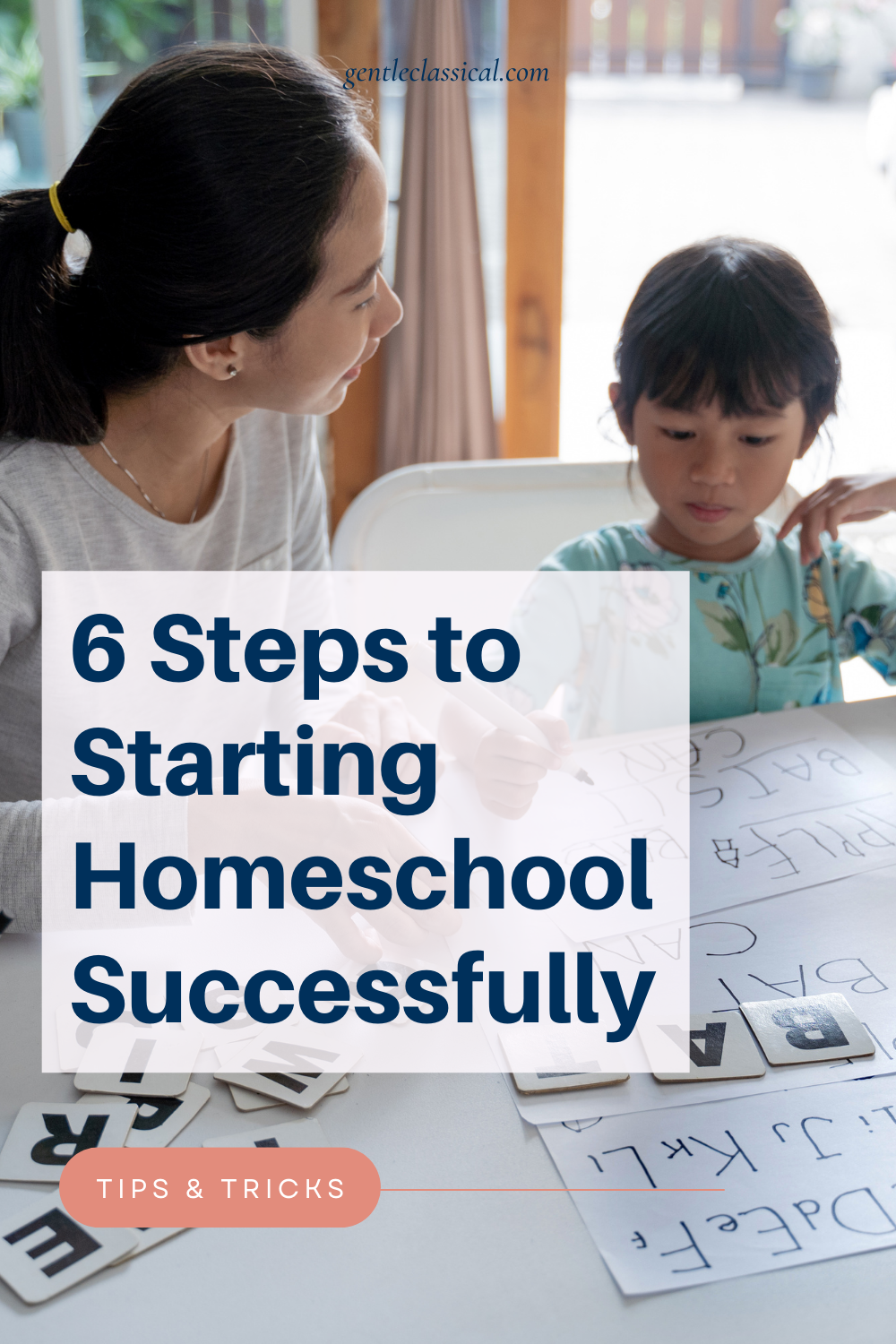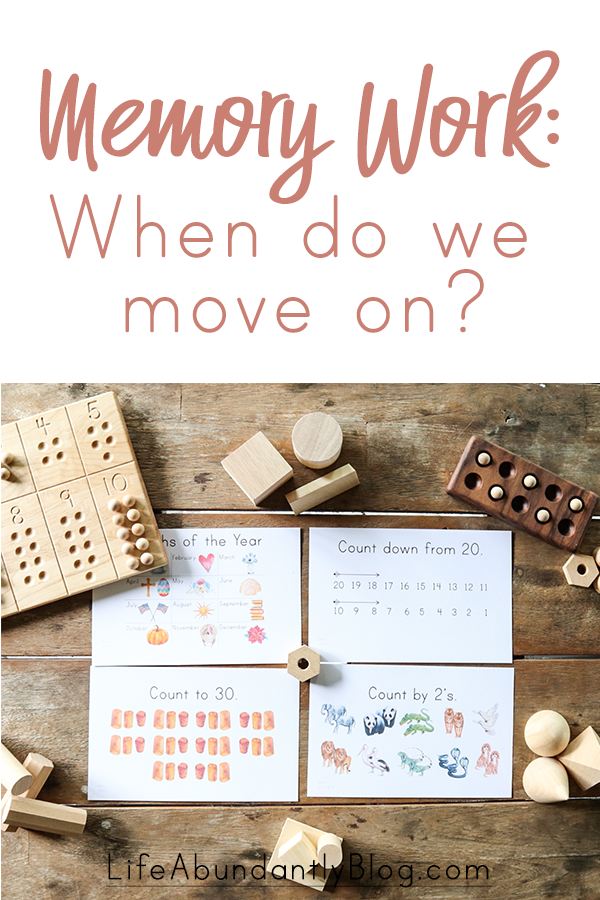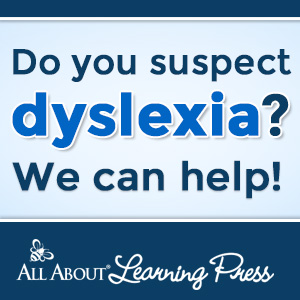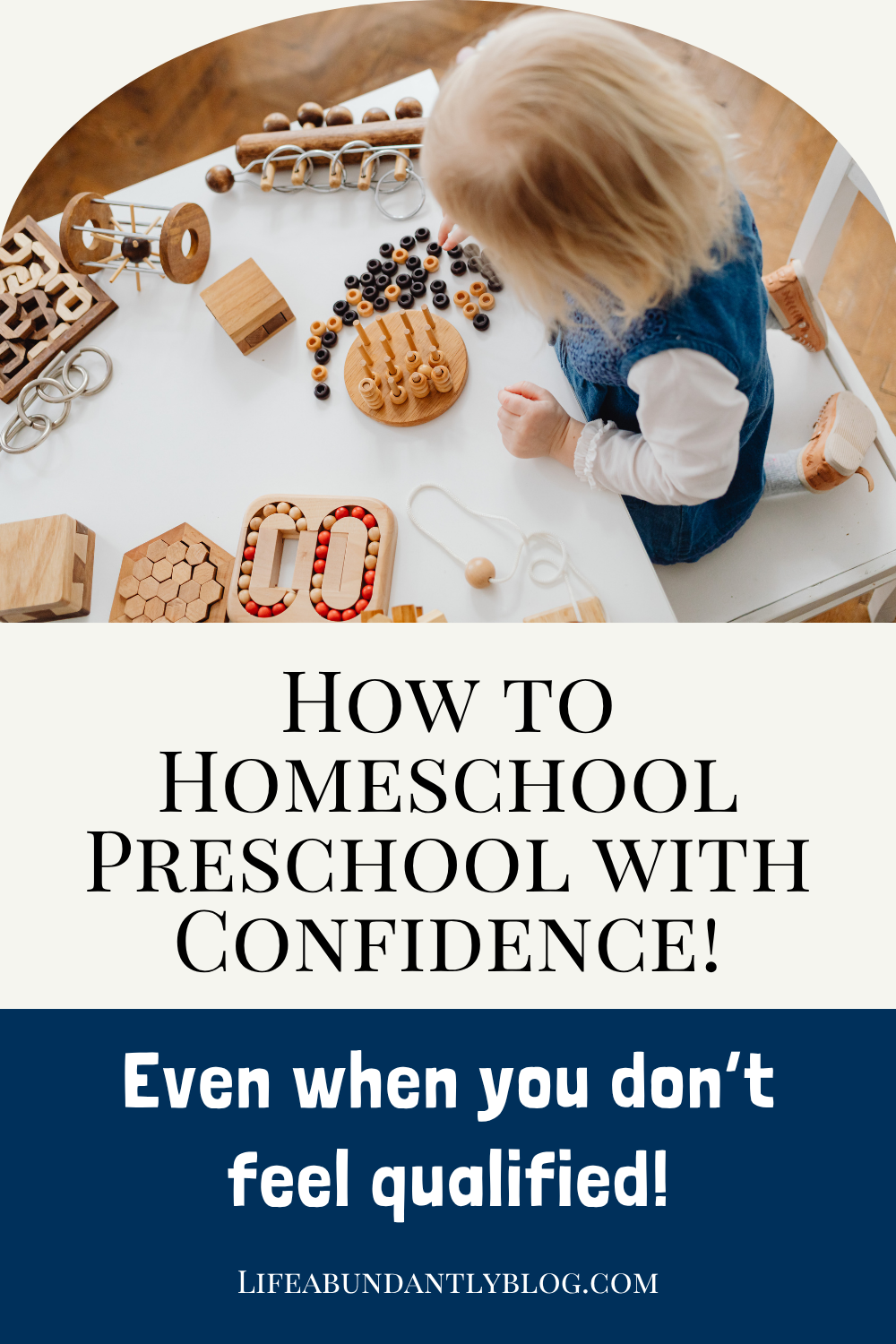What is a Memory Statement? (And what do I do with it?)
/You may have noticed my post about how to assemble a memory statement board but still remained all-together confused or overwhelmed by what a memory statement even is. Memory statements fill the pages of all Gentle + Classical programs, so I want to make sure you understand what they are and how to implement them in your homeschool!
Where Do Memory Statements Come From?
Memory statements are an idea that seems to have sprung from the more modern ideas of classical education and have been made popular by a community-based curriculum program. However, if we dig more deeply, we find that the notion of a “memory statement” is rooted in Charlotte Mason and true historical classical education.
In the Charlotte Mason philosophy, we simply refer to them as recitations:
“Recitation and committing to memory are not necessarily the same thing, and it is well to store a child’s memory with a good deal of poetry, learnt without labour… attempt only a little, and let the poems the child learns be simple and within the range of his own thought and imaginations.”
—Charlotte Mason
While we call them “memory statements,” our aim is not actual memorization. We could easily call them “memory recitations” or simply “recitations.” These statements represent an opportunity to dwell on a beautiful thought and store them up inside of our hearts. Memory statements are an opportunity to “see and say beauty” (as outlined in The Gentle + Classical Preschool, 2nd Edition).
What Are Memory Statements Made Of?
We recite:
poetry
nursery rhymes
scripture
catechism
virtue definitions
math facts
Each of these is a meaningful reflection of God and plants true, good, and beautiful notions into hearts and minds.
Do I Need to Memorize the Statements?
That depends on your personal philosophy.
You’ll find that scripture and catechisms—basic questions and answers about our Christian faith or an early apologetics foundation—are the most beautiful of all our recitations. These are recited for several weeks to ensure that over time, they are truly written on our hearts.
Other recitations, like counting to 10, are practiced repeatedly as they reflect God’s order and are fundamental to early math literacy.
Recitations such as “About Me” or “Manners, Hygiene, and Safety” (found in The Gentle + Classical Preschool and Gentle + Classical Primer) are designed to give words to concepts your child is already experiencing in their life. Giving words to those concepts equips them with the language to express their own ideas, needs, or experiences.
The Gentle + Classical Nature programs also includes memory statements that help children learn the names of items in nature and the systems they observe in the world around them. This fosters not only understanding of Creation, but also of themselves.
How Do I Implement Memory Statements?
Super simple! Just say a short portion of the statement to your child and have them “say it back” or “repeat after me”—whichever phrasing they understand best. If your child is very young, you might model this with another child or adult to help them understand what “say it back” means. (Though, let’s be real—most children are natural little parrots.)
If your child is around 2–3 years old, keep the “portions” you expect them to say back to about 2-word sections, slowly working through the full statement. You can also feel free to shorten any statement as needed.
Example in catechism:
Rather than, “What else did God make? God made all things,”
you might say, “What else did God make? Everything.”
As your child grows, their ability to attend and repeat back will naturally expand. A good rule of thumb: one word per year of age.
My 5-year-old can repeat back a 5–7 word statement after hearing it once.
My 3-year-old can generally repeat back 3–5 words at a time.
Why Does It Matter?
Don’t let the simplicity of this concept fool you. Just because it’s simple does not mean it’s not exceedingly valuable.
With memory statements, we are:
writing truth upon hearts
stretching imaginations
strengthening working memory
encouraging language development
supporting proper speech and cadence
and so much more
This is gentle formation—beautifully done, and deeply lasting.







